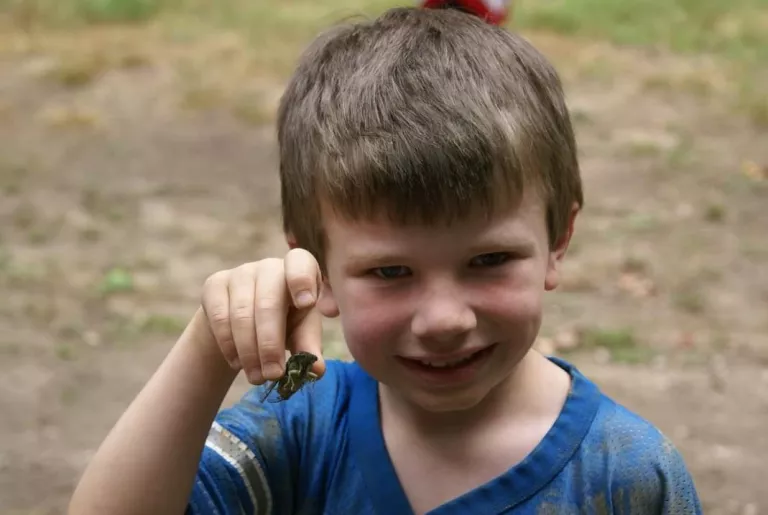The Climate Crisis gives us increasingly urgent warnings about the status of Earth. Last summer, Canadian forest fires burned a landmass of the size of Michigan. Heavy smoke from the fires enveloped a huge portion of the United States. The New York Times reports that global warming set the stage for this phenomenon. Not surprisingly, a large number of people suffered from medical conditions because of the smoke, with children and the elderly suffering the most.
Climate change is reversing gains made in air quality because of wildfires and other events. According to the Environmental Protection Agency (EPA), children are more vulnerable to the effects of climate change since they are still developing physically. Children generally spend more time outdoors than adults, meaning they have more exposure to the polluting effects of global warming. Global warming also makes storms more violent and frequent. Since children are still developing emotionally, they are more vulnerable to the mental impact of these violent storms. As a result, they are more likely to develop PTSD and depression.
A peer-reviewed article in the National Library of Medicine reports that increasing carbon dioxide in the air is causing a degradation of plant nutrition. Children need good nutrition during their developmental stages and suffer the most from the lack of proper nutrition.

Photo of author Mike Buza's son, Jake Buza, as a child
Global warming affects food availability, making our children's future look bleak. The United Nations writes, “In the next 30 years, food supply and food security will be severely threatened if little or no action is taken to address climate change and the food system's vulnerability to climate change.”
Because of the time children between the ages of five and nine spend outdoors, they are most affected by insect-borne diseases. These diseases include Lyme disease and West Nile virus, which can result in long-term health consequences and even death. Global warming creates the conditions for virus proliferation, leading to more frequent diseases in children.
Most parents want a better life for their children. If we do not immediately address climate change, children may not have a better life. The federal Inflation Reduction Act contains many financial incentives for individuals, businesses, state and local governments to pursue clean energy. Recently, the Michigan legislature eliminated many of the barriers to clean energy. Are these laws perfect? No. But they provide much room for the growth of clean energy.
Now, it is up to us. No one can be a bystander if our children are to have a healthy, prosperous future.
Questions or comments can be directed to Mike Buza at theoriginalzuba@yahoo.com